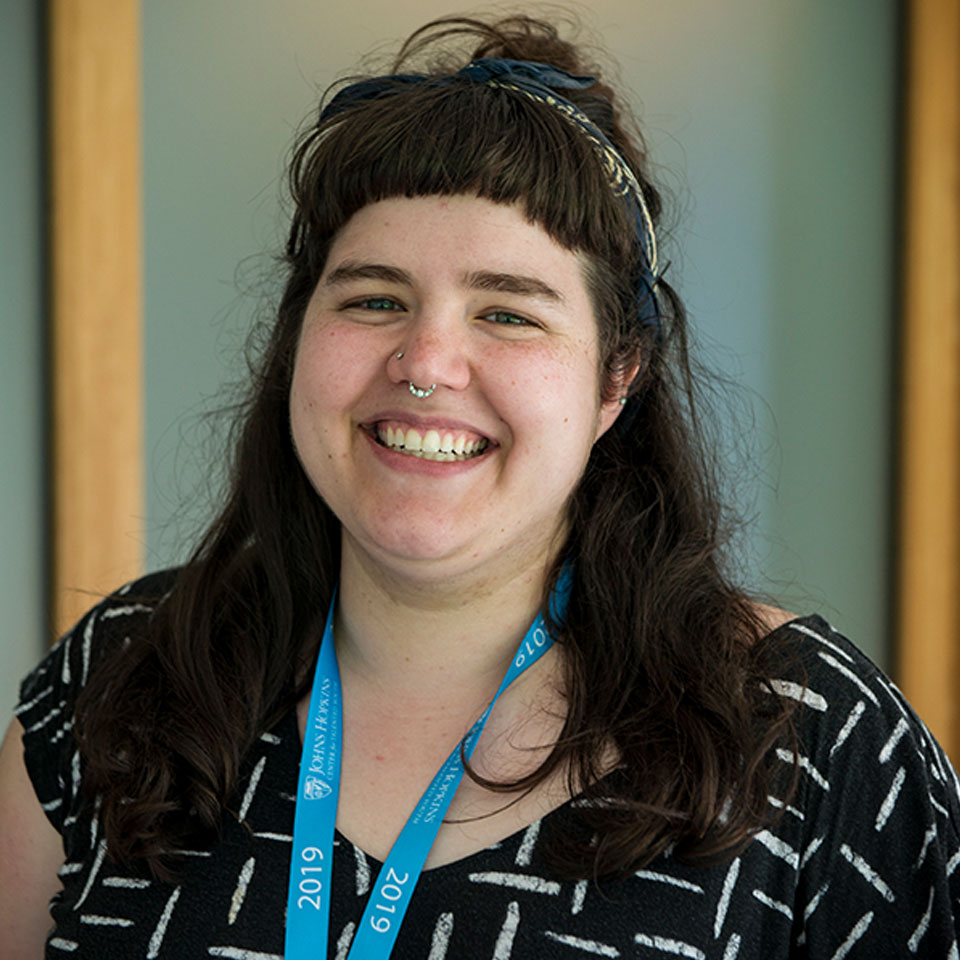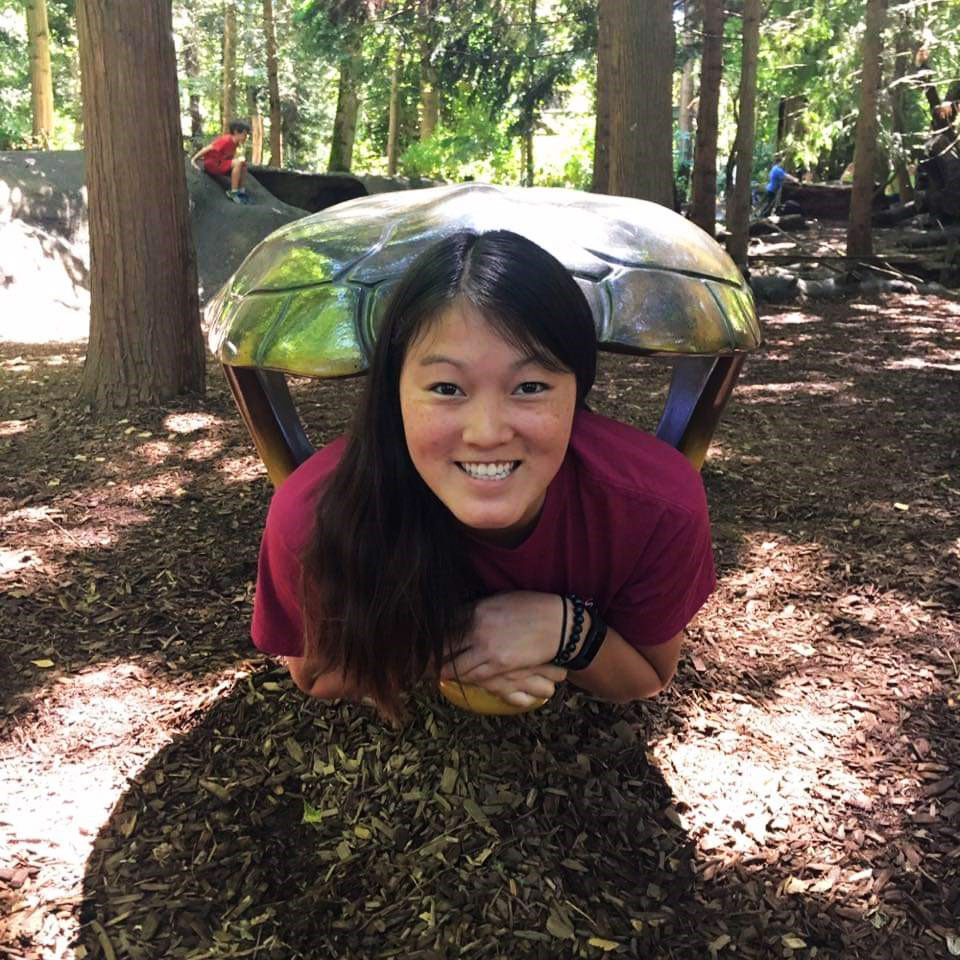Breadcrumbs
Paradoxes and Infinities
- Grades 7-11
- CTY-Level
-
Residential
- Mathematics
This course explores conundrums and analyzes a range of mathematical and philosophical paradoxes. You’ll consider Zeno’s paradoxes of space and time, such as The Racecourse, in which Achilles continually travels half of the remaining distance and seemingly can never reach the finish line. To address these types of paradoxes, you’ll be introduced to the concepts of infinite series and limits, and then explore paradoxes of set theory, self-reference, and truth, and paradoxes of probability and inductive reasoning. Finally, you’ll examine the concept of infinity and its paradoxes, and learn how to demonstrate that some infinities are bigger than others. Through these investigations, you’ll acquire skills and concepts that are foundational for higher-level mathematics, and leave the course with more nuanced problem-solving skills, an enriched mathematical vocabulary, and insight into some of the most perplexing questions ever posed.
Typical Class Size: 16-18
This course is
ungraded.
Summer Dates & Locations
Session One




Session Two



Testing and Prerequisites
| Math | Verbal | |
|---|---|---|
| Required Level | CTY-Level | Not required |
Students must achieve qualifying scores on an advanced assessment to be eligible for CTY programs. If you don’t have qualifying scores, you have several different testing options. We’ll help you find the right option for your situation.
Sign up for Testing Learn MoreCost and Financial Aid
Tuition
- Varies
Application fee
- Nonrefundable Application Fee - $55 (Waived for financial aid applicants)
- Nonrefundable International Fee - $250 (outside US only)
We have concluded our financial aid application review process for 2025 On-Campus Programs. We encourage those who may need assistance in the future to apply for aid as early as possible. We are committed to serving all talented youth regardless of financial circumstances. Financial assistance is available based on need.
About Mathematics at CTY
Explore the study of shapes
Many of our courses allow students to describe the world around them in basic and profound ways. Younger students build foundational skills by exploring shape, scale, and proportion in Geometry and Spatial Sense. Middle School students delve into real-world applications of lines and analyze data with curves that follow uniform, symmetric, bell-shaped, or skewed patterns in Data and Chance. Advanced students unveil the deep interplay between numbers and shapes, investigating how triangular, square, and polygonal numbers create patterns that bridge geometry and algebra in Number Theory. By examining these elegant number patterns and symmetries, students discover how mathematics captures the intricate beauty and underlying structure of the natural world.
Dive deep into logic and reasoning
Our courses in formal logic give you the tools to question the world around you. Inductive and Deductive Reasoning introduces younger students to different types of reasoning, as well as the strengths and weaknesses inherent in various forms of critical analysis. Older students explore how logical reasoning can explain (or fail to explain) counter-intuitive results in Paradoxes and Infinities, or take a more rigorous approach to formal logic in Mathematical Logic.




